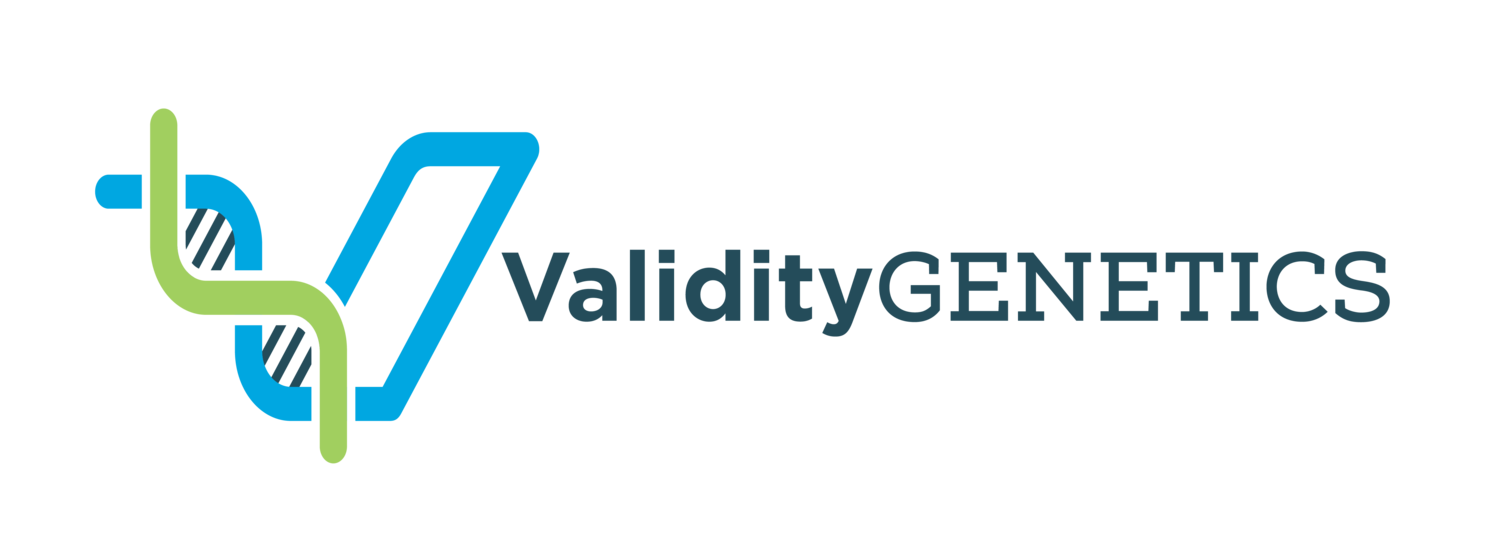There are many reasons for wishing or having to conduct a DNA paternity test and in many cases, the father might not be available to participate. At first it may seem impossible to do without their cooperation, but there are other ways to still receive conclusive DNA results about paternity.
Sibling DNA testing
This DNA test compares the genetic material shared between a child and their possible biological sibling. The easiest way to describe the connection between siblings is the higher the percentage, the more likely they are related. We always recommend including a known parent in testing because, this helps to improve the accuracy of the test and to avoid an inconclusive result.
Grand-parentage DNA testing
This DNA searches for the likelihood of a genetic connection between a child and one or both possible grandparents. Because a father holds 50% of a child’s DNA, testing potential grandparents can prove to be effective. When possible it is recommended to test both biological paternal grandparents (on the suspected fathers side), as well as the mother, to determine the most accurate likelihood possible.
Aunt and Uncle DNA testing
In cases where grandparents are also available to complete DNA testing, uncle or aunt DNA testing can prove useful. Because a child shares around half of their genes with their father, and the father shares around half with their full sibling, the child will share approximately half of their genes with an aunt or uncle. We always recommend including a known parent in testing because, this helps to improve the accuracy of the test and to avoid an inconclusive result.
Luckily, with Validity Genetics, you will never be left with looming paternity questions. In as little as 2-3 business days, we can give you 99.9999% accurate tests results through our stringent, certified, and validated testing procedures. With more questions about our paternity testing or various DNA testing services Contact Us or email us at Info@ValidityGenetics.com


